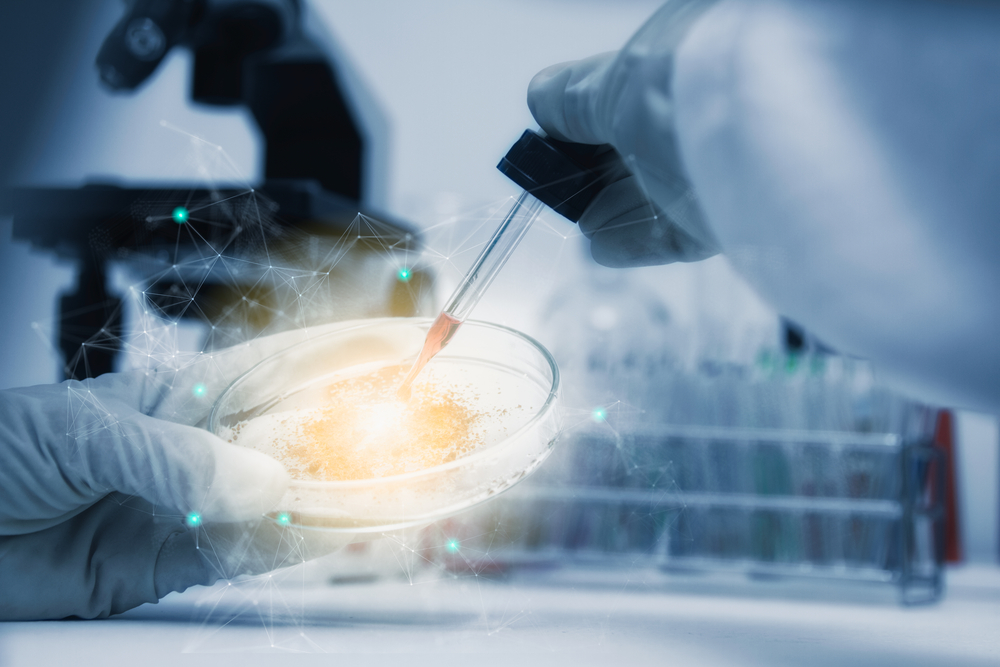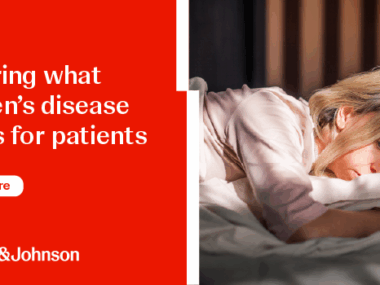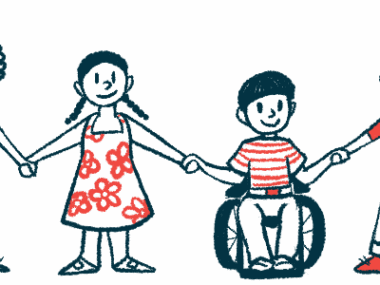Signaling Molecule IL-38 Can Reduce Inflammation, May Be Therapy Target, Study Finds
Written by |

Interleukin-38, an immune signaling molecule known as IL-38, can reduce the inflammatory activity of a type of immune cells involved in primary Sjögren’s syndrome (pSS), and may be a therapeutic target for this condition, a new study suggests.
The study, “Blockade of Th17 response by IL-38 in primary Sjögren’s syndrome,” was published in Molecular Immunology.
Sjögren’s syndrome is an autoimmune disease, or a condition caused by the immune system erroneously attacking the body’s healthy tissues. Understanding the biological mechanisms that govern this inflammation is important for understanding the disease — and for the development of new therapeutic strategies.
Th17 (T-helper 17) cells are a recently-discovered type of T-cell, a type of immune cell. Their primary role in immunity is to secrete certain types of signaling molecules, which can regulate the activity of other components of the immune system. Th17 cells are specifically known to secrete the pro-inflammatory signaling molecule IL-17 when they are activated, which is how these cells get their name.
Previous research has suggested that Th17 cells are overly active in primary Sjögren’s syndrome, contributing to the inflammation that causes the disease.
IL-38 is an immune signaling molecule that ultimately acts to reduce inflammation. It has been shown in previous research to reduce the activity of Th17 cells, suggesting a possible link to Sjögren’s syndrome. However, the role of IL-38 in this condition has not yet been directly investigated.
“In this study, we aimed to explore the expression of IL-38 and its regulation on Th17 response in patients with Primary Sjögren’s syndrome,” the investigators wrote.
These researchers, based in China, collected saliva and blood samples from 24 people with pSS — three men and 21 women, average age 41.7 years. For comparison, they also collected samples from 15 people who had dry eyes or mouth, but didn’t meet the criteria for pSS; this was the “non-pSS” group. A total of 13 people without any noteworthy symptoms also were included as healthy controls. The two comparison groups were similar to the pSS group in terms of sex and age.
In both protein and saliva samples, the pSS group had significantly lower average levels of IL-38 than either the non-pSS or the healthy control groups.
Correspondingly, the pSS group had significantly higher levels of IL-17, as well as IL-23, another signaling molecule commonly secreted by Th17 cells.
A significant negative correlation was found between IL-38 and IL-17 levels — that is, people with low IL-38 levels were statistically more likely to have high IL-17 levels, and vice versa. A similar significant negative correlation was found between IL-38 and IL-23.
Further, when the researchers treated Th17 cells in dishes (in the laboratory) with purified IL-38, the cells produced significantly less of these signaling molecules. Similar results were found using cells isolated from the blood or the salivary glands, and the results also were similar using cells obtained from people with or without pSS.
Treating the cells with compounds that block the NF-kappa B and MAPK signaling pathway, a molecular signaling pathway commonly involved in immune cell activation, blocked this effect of IL-38, suggesting that this pathway is involved in the effect of IL-38 on Th17 cells.
Notably, treating immune cells with IL-17 or IL-23 led to a significant increase in the production of IL-38. This, the researchers wrote, suggests “a negative loop between IL-38 and Th17 response.” Such feedback loops are fairly common in molecular immunology; conceptually, such systems have evolved so that inflammation doesn’t spiral in an out-of-control manner.
Seeking to validate these findings in living animals, the researchers used a mouse model of Sjögren’s syndrome. Treating these mice with IL-38 significantly reduced the number of Th17 cells, and the amount of IL-17, in their blood.
Conversely, treatment with IL-17 increased the levels of IL-38 in the mice, indicative of the feedback loop identified in the cell experiments.
“In the SS [Sjögren’s syndrome] mice model, treatment with IL-38 inhibits Th17 inflammation significantly, which confirmed the in vitro results,” the researchers wrote. “Interestingly, we also found that IL-38 is up-regulated by IL-17 treatment, suggesting the close interaction between IL-38 and Th17 inflammation.”
“In summary,” the researchers concluded, “our findings suggested that IL-38-mediated regulation the differentiation and function of Th17 cells through NF-kappa B and MAPK signaling pathway, providing new potential treatment target for SS.”





